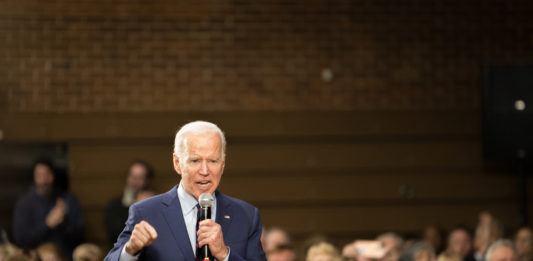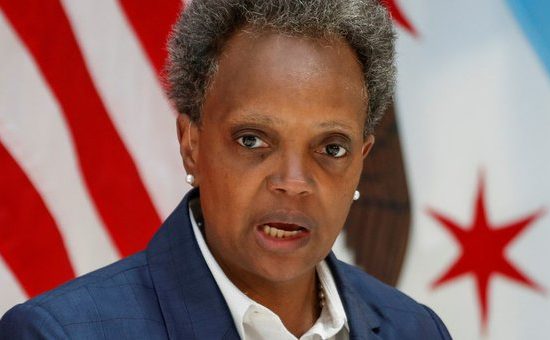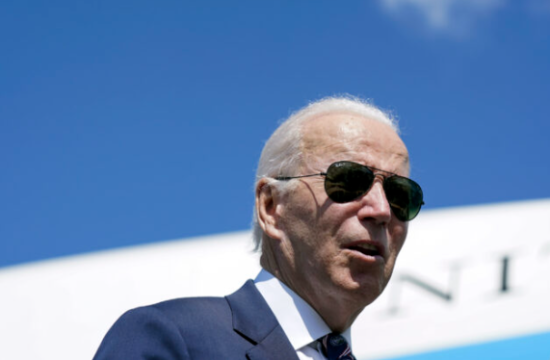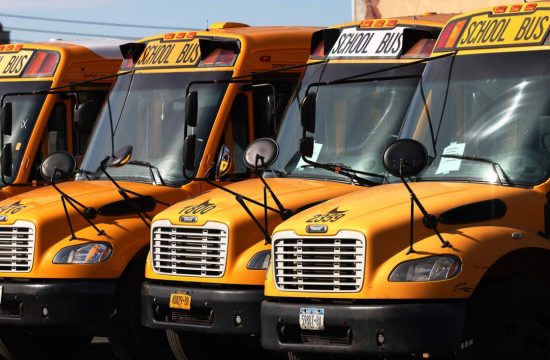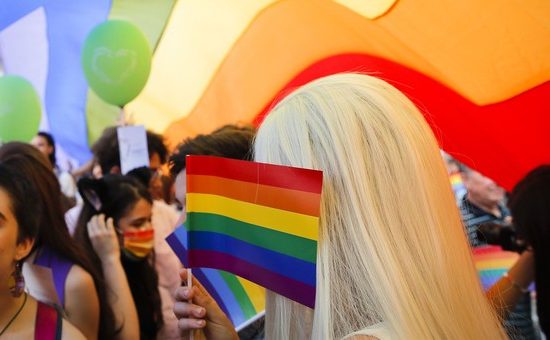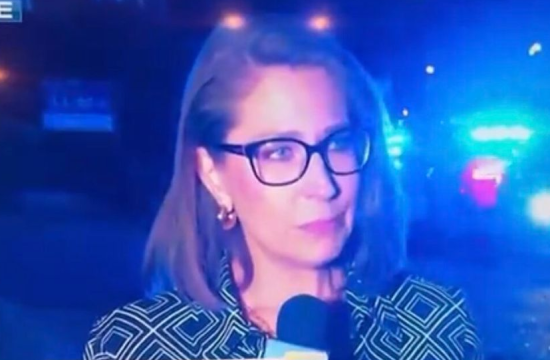Tens of thousands of women marched across America wearing pink T-shirts, pink hats, and shouting “Hands Off My Body!” on Saturday to protest a conservative drive to limit abortion access.
Nearly 10,000 protestors rallied in Washington under sunny skies, before marching to Washington’s Supreme Court. This court will decide the outcome of the contentious issue.
The protesters held signs that read “Mind your uterus” and “Make abortion legal,” with several women — and men — dressed like late Supreme Court justice Ruth Bader Ginsburg, America’s iconic women’s rights crusader, who died last year.
The perennial fight over the procedure in America has become even more intense since Texas adopted a law on September 1 banning almost all abortions, unleashing a fierce counterattack in the courts and in Congress, but with few public demonstrations until now.
Rallyes were held in many hundreds of American cities, from coast to coast, just two days before the Supreme Court reconvenes.
“Women are humans, we are full humans, and we need to be treated like full humans,” said Laura Bushwitz, a 66-year-old retired teacher from Florida, wearing a dress with portraits of women activists and politicians.
“We should be able to have our own choice on what we want to do with our bodies. Period,” she said. “Hear that, SCOTUS,?” she asked, referring to the US Supreme Court.
Michaellyn Martinez, a woman in her seventies with closely cropped hair, told AFP she got pregnant at the age of 19, several years before the landmark 1973 Roe v. Wade case, when the Supreme Court guaranteed the right to an abortion up until a fetus is viable outside the womb.
Martinez ended up having a daughter and getting married only to divorce two years later. “It changed my whole life — not having access to birth control and abortion,” she said. “I don’t want us to go back to the time when I was a young woman.”
At the Supreme Court, the marchers were met by counterprotests. A chain of riot police kept the two groups apart.
– ‘A long and ugly fight’ –
In New York, activists gathered in Manhattan’s Foley Square holding signs that read “We are not ovary-acting” and “I have a vagenda.”
Juliette O’Shea, 17, organized about 30 teens from her Manhattan high school to attend the rally to “show solidarity” with Texas.
“We’re trying to show that we are a strong and unified group of people who will not be silent when crazy abortion bans like the one in Texas are put into place,” O’Shea told AFP. “I think that this will be a long and ugly fight.”
The Supreme Court already rejected the Texas law, and has accepted to review a Mississippi restrictive law that could allow for an opportunity to repeal Roe v Wade.
19 states have so far adopted 63 laws that restrict abortion access this year.
Alexis McGill Johnson, president, and CEO of Planned Parenthood told Washington protestors the story of a Texas woman that had to drive over 1,000 miles (1600 km) in six hours to obtain an abortion in Colorado. She did this because she was afraid anyone helping her might be sued.
“No matter where you are, this fight is at your doorstep right now,” McGill Johnson said. “This moment is dark, but that is why we are here.”
Rally for Abortion Justice organizers has asked Congress to enshrine abortion rights in federal law to safeguard it from any possible reverse by the Supreme Court.
The House of Representatives passed a bill in this regard last week. However, it is not likely to pass the Senate, where Republicans have sufficient votes to block it.
Three conservative justices were appointed to the Supreme Court by former President Donald Trump, which encouraged conservative elected officials to launch an anti-abortion campaign.
Every state would have the right to allow or ban abortions if Roe v. Wade were overturned by the high court.
According to a Planned parenthood report, Friday’s release indicated that 36 million women living in 26 states — almost half of the American women who are reproductive-age — would lose their legal right to abortion.



